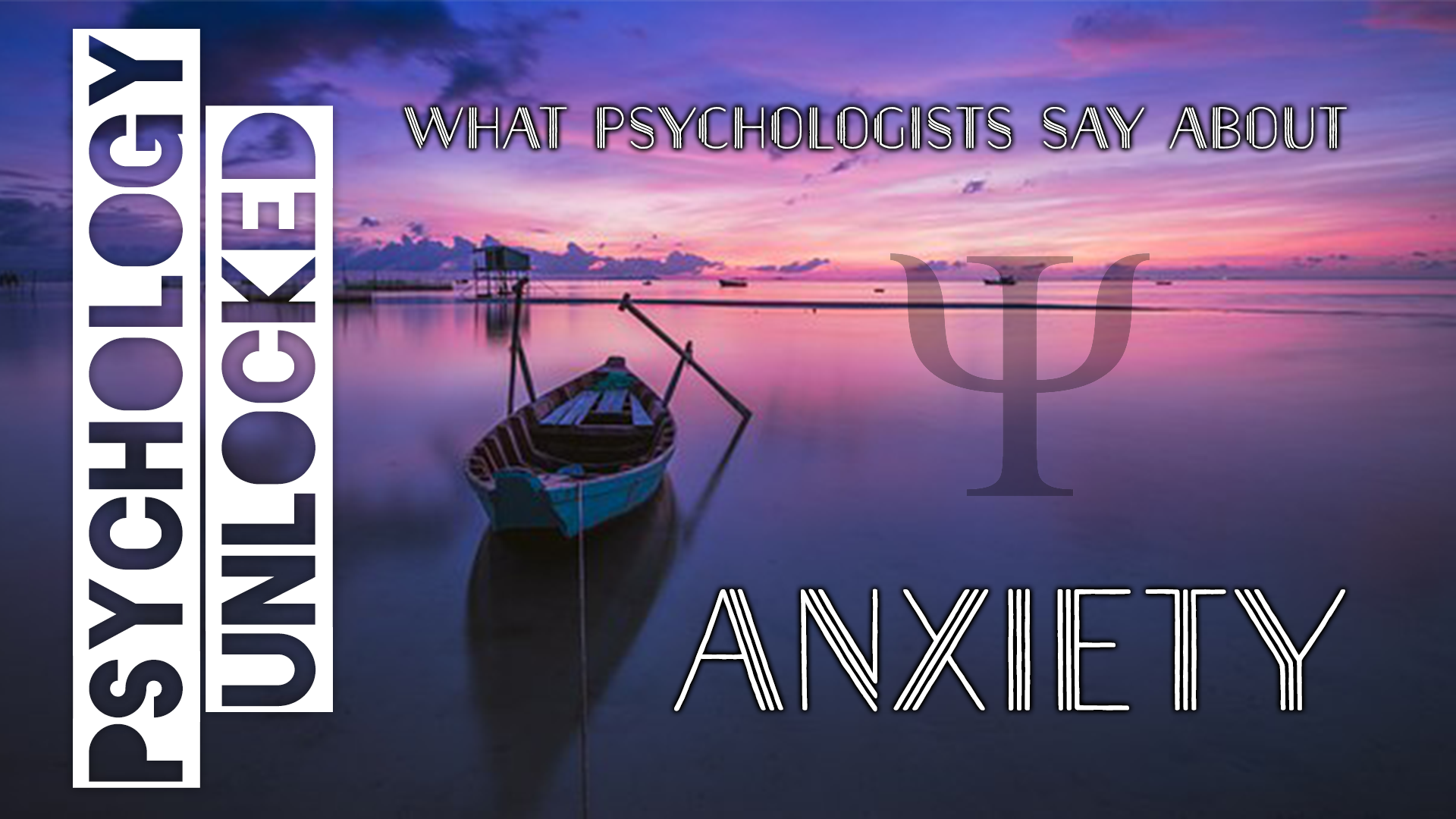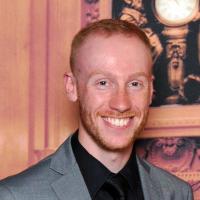
Our latest YouTube Video brings you seven interesting and inspiring quotes about Anxiety from some leading Psychologists.
Whether you are experiencing Anxiety, or know someone who is, the quotes in this short video will help you gain an understanding of how Psychologists conceptualise Anxiety and, in doing so, hopefully provide you with some positive direction for enhancing your well-being.
You can add your favourite quotes about Anxiety in the comments of the video on YouTube.
Subscribe to our YouTube Channel to see all of our videos as they are released.
Anxiety Quotes from the Video:
“The truth is that there is no actual stress or anxiety in the world; it’s your thoughts that create these false beliefs. You can’t package stress, touch it, or see it. There are only people engaged in stressful thinking.” Wayne Dyer
“The components of anxiety, stress, fear, and anger do not exist independently of you in the world. They simply do not exist in the physical world, even though we talk about them as if they do.” Wayne Dyer
“Problems are not the problem; coping is the problem.” Virginia Satir
“You can see neurosis from below – as a sickness – as most psychiatrists see it. Or you can understand it as a compassionate man might: respecting the neurosis as a fumbling and inefficient effort toward good ends.” Abraham Maslow
“You largely constructed your depression. It wasn’t given to you. Therefore, you can deconstruct it.” Albert Ellis
“It all depends on how we look at things, and not how they are in themselves.” Carl Jung
“One of the things psychologists used to say was that if you are depressed, anxious or angry, you couldn’t be happy. Those were at opposite ends of a continuum. I believe that you can be suffering or have a mental illness and be happy – just not in the same moment that you’re sad.” Martin Seligman
